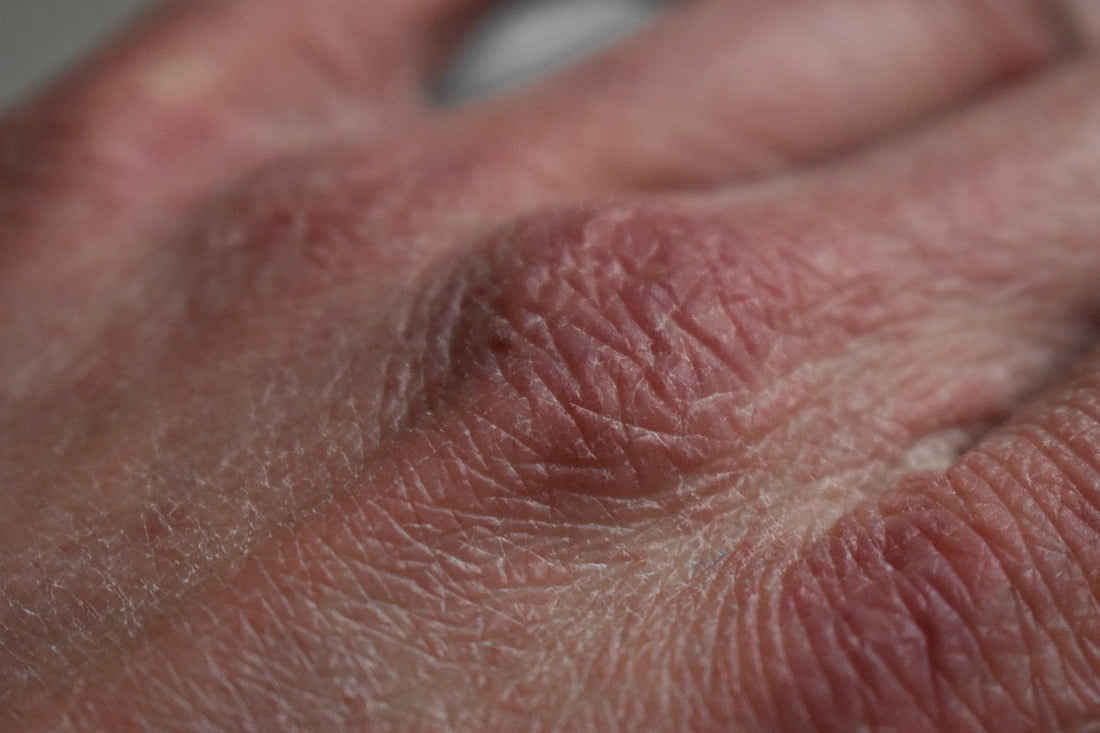
Understanding the Causes of Dry Skin
What is Dry Skin?
Dry skin, also known as xerosis, is a common condition that occurs when the skin lacks moisture. It can make your skin feel tight, rough, and itchy. Understanding the causes of dry skin can help you prevent and manage this condition effectively.
1. Environmental Factors
One of the primary causes of dry skin is exposure to harsh environmental conditions. Cold weather, low humidity levels, and strong winds can strip the skin of its natural oils, leading to dryness. Additionally, spending too much time in heated environments, such as central heating or hot showers, can also contribute to dry skin.
2. Age
As we age, our skin produces less oil, making it more prone to dryness. The natural aging process reduces the skin's ability to retain moisture, leading to dry and dull-looking skin. It is essential to adjust your skincare routine as you age to keep your skin hydrated and nourished.
3. Harsh Soaps and Cleansers
Using harsh soaps and cleansers can strip the skin of its natural oils, causing dryness. Opt for gentle, fragrance-free cleansers that are specifically formulated for dry or sensitive skin. These products help to cleanse the skin without stripping away its natural moisture.
4. Hot Water
While a hot shower or bath may feel relaxing, it can actually worsen dry skin. Hot water strips the skin of its natural oils, leaving it dry and dehydrated. It is best to use lukewarm water and limit your bathing time to prevent further drying of the skin.
5. Medical Conditions
Several medical conditions can contribute to dry skin. Eczema, psoriasis, and hypothyroidism are some examples of conditions that can cause dryness and flakiness. If you suspect an underlying medical condition is causing your dry skin, it is important to consult a healthcare professional for proper diagnosis and treatment.
6. Medications
Certain medications, such as diuretics and retinoids, can have a drying effect on the skin. If you are taking any medications and experiencing dry skin as a side effect, consult your doctor. They may be able to adjust your medication or recommend skincare products to alleviate the dryness.
7. Lifestyle Factors
Unhealthy lifestyle habits, such as smoking and excessive alcohol consumption, can contribute to dry skin. These habits can deplete the skin's moisture and hinder its ability to retain hydration. Adopting a healthy lifestyle, including a balanced diet and regular exercise, can help improve your skin's overall health.
Conclusion
Dry skin can be a bothersome condition, but understanding its causes can help you take the necessary steps to prevent and manage it. By protecting your skin from harsh environmental factors, using gentle cleansers, avoiding hot water, and maintaining a healthy lifestyle, you can keep your skin hydrated and nourished. If your dry skin persists or worsens, it is advisable to seek medical advice for proper diagnosis and treatment.
